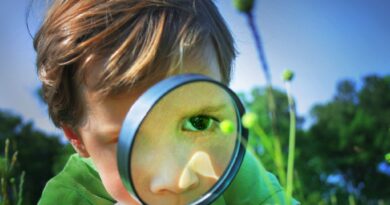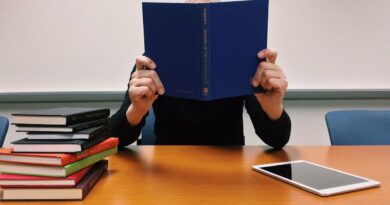Importance of Critical Thinking in Daily Life

Critical thinking can be defined as a reflective and independent thinking done by someone with the ability to engage in rational and clear thinking. This kind of person is in a position to point out the relevance of ideas, its importance, and easily detect inconsistencies and obvious mistakes in reasoning. He can systematically solve problems, he has knowledge on the logical connections between ideas, he can point out, construct and assess arguments and he can reflect systematically on an individual’s justification of one’s own beliefs and values. Actually critical thinking constitutes clarity and rationality as the core components (Hindery, 2001).
Critical thinking does not require accumulation of ideas. It is not necessarily that a person with a lot of facts is good at critical thinking, the process requires an individual who can deduce consequences from what he already knows and how to apply the information he has in solving problems. He is also required to have the ability to look out for relevant materials or sources of information to add knowledge to that which he already has. Critical thinking can assist in acquiring knowledge, strengthening arguments, enhancing work processes, improving the social institutions and improving our own theories among others (Hindery, 2001).
Importance of critical thinking
Critical thinking is important in whatever we do in life. The process is important in research, education, management, and finance among others. Thinking well, clearly and rationally can solve problems systematically and it is an asset of any career.
Today’s global economy is driven by information and technology. People are required to adapt to change very fast in order to fit in this era. The technology calls for flexibility in intellectual skills which comes about through critical thinking. So good critical thinking enhances fast changes in the workplace.
The process promotes creativity. For one to come up with a creative idea or a good solution to solve the problem, he must think critically. So critical thinking evaluates new ideas, drives one to select the best ones and modify them to fit the problem at hand.
Critical thinking promotes language and presentation skills. An individual with good critical thinking can improve the way he brings out his ideas, how to analyze the text structures and improve ability to comprehend.
The process is also important for crucial self reflection. To live a decent and meaningful life, we are required to reflect on our decisions and values and justify them accordingly. Good critical thinking can provide the tools for proper self evaluation so as to meet the life we admire (Hindery, 2001).
Critical thinking is as important as any other discipline in academics like psychology and others. All other academic disciplines cluster around critical thinking. The teachers need to think critically before they come to class to deliver their knowledge to students. Students are also required to think critically so as to comprehend that which is taught to them.
Critical thinking is done well and simultaneously to facilitate and accommodate other ends. For instance, students who think critically, keep on improving day after day their historical, mathematical and scientific thinking among others. They do also develop value, skills and abilities necessary to succeed in life.
Various researches have shown that critical thinking is not an intrinsic part of an individual. Critical thinking is a logical evaluation process. Students come to school without the knowledge, and the teachers have the responsibility to teach them the knowledge on critical thinking, because it will assist them get the knowledge of various disciplines. Without critical thinking, learning can be considered transitory and superficial. For example when students invent new ideas like in symposiums and science congresses, they have to undergo critical thinking to come up with the various presentations that they give (Solomon, 2002).
References
Hindery, R. (2001). Indoctrination and Self-Deception or Free and Critical Thought? Lewiston, N.Y.: E. Mellen Press.
Solomon, S.A. (2002). Two Systems of Reasoning, in Heuristics and Biases: The Psychology of Intuitive Judgment, Govitch, Griffin, Kahneman (Eds), Cambridge University Press.




